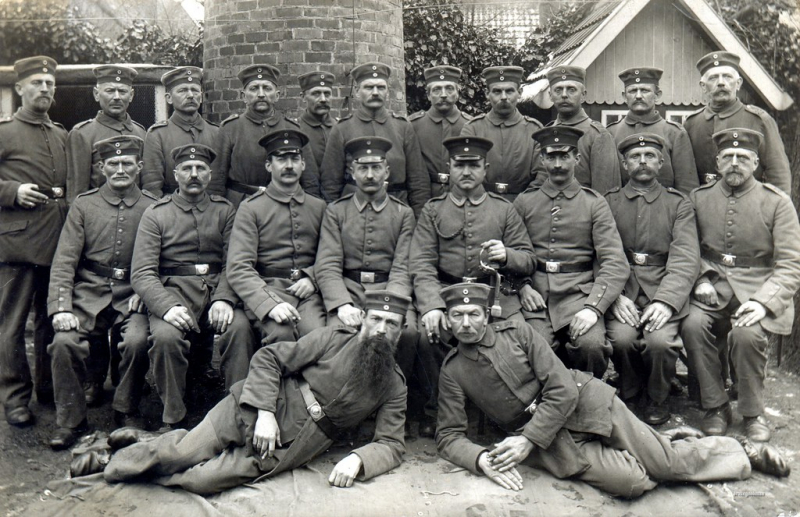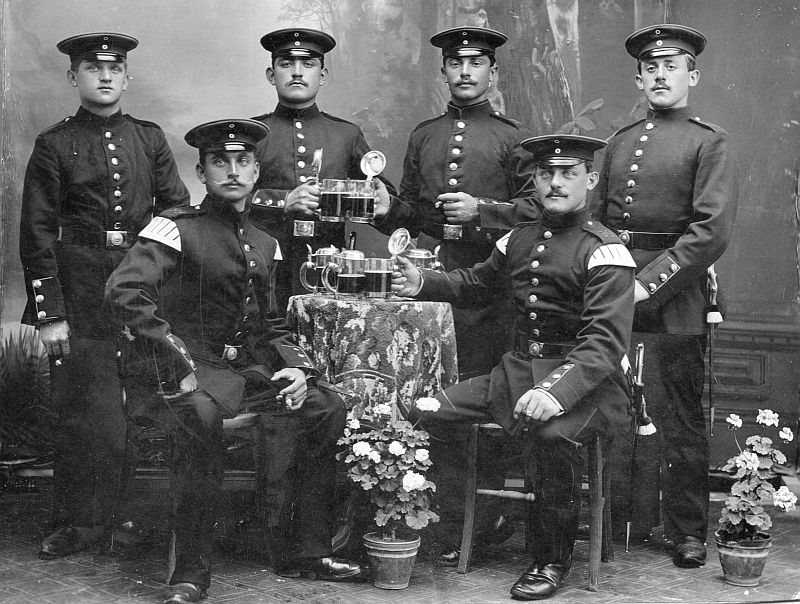German Colonial Empire
The German Colonial Empire constituted the colonies, dependencies, and overseas territories of the German Empire. Unified in the early 1870s, the prime minister of the period was Otto von Bismarck. Brief attempts at colonization of individual German states had occurred centuries before, but Bismarck resisted pressure to build a colonial empire until the Scramble for Africa. Claiming most of the remaining decolonized parts of Africa, Germany built the third empire, the largest colonial empire at the time, after the British and the French. The German Colonial Empire included parts of several African countries, including parts of present-day Burundi, Rwanda, Tanzania, Namibia, Cameroon, Gabon, Congo, Central African Republic, Chad, Nigeria, Togo, and Ghana, as well as northeastern New Guinea, Samoa, and many Micronesian islands. Germany lost control of most of its colonial empire at the beginning of World War I in 1914, but some German forces held out in German East Africa until the war's end. After Germany's defeat in World War I, the German colonial empire was officially dissolved with the Treaty of Versailles. Each colony became a League of Nations mandate under the supervision (but not ownership) of one of the victorious powers.
Germany was late in colonizing but was still capable of building small empires. In Africa, Germany buys Cameroon, Tanzania, Namibia, and Togo. It also ventured into the southern Pacific to capture northeastern New Guinea, the Bismarck Islands, and island groups to the northeast such as the Carolines, Marianas, Marshalls, Samoa, and Nauru. In addition, it also occupied a Chinese port city - Tsingtau. After the First World War, its various colonies, especially in Africa, were occupied by Britain. Japan took over lands in the Pacific Ocean. The German colonial empire ended after its defeat in war and the Treaty of Versailles on January 10, 1920. Thus, the German Colonial Empire is one of the most powerful colonial empires of the 20th century.
- Major Events: Herero Wars, Maji Maji Rebellion, Franco-German War, Algeciras Conference
- Key People: Otto von Bismarck, Helmuth von Moltke, Friedrich Ebert, William II, August Bebel












